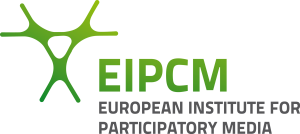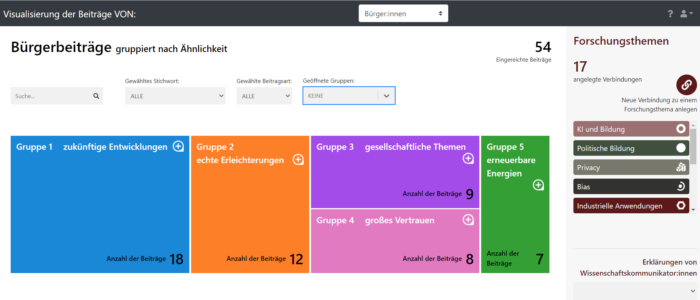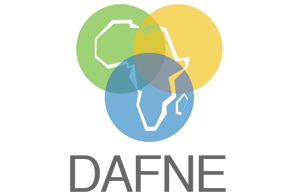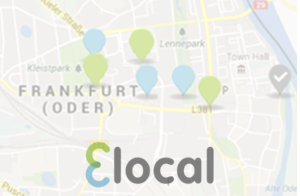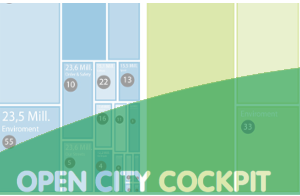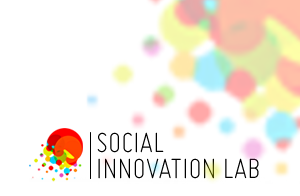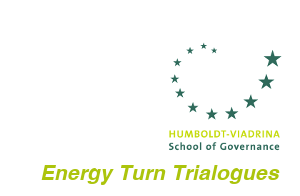Das Ziel des Projekts ist ein innovatives Partizipationsformat prototypisch zu entwickeln, das analoge und digitale Formate kombiniert, um BürgerInnen zu befähigen, qualitativ hochwertige Fragen an die Wissenschaft zu erarbeiten, sowie um eine Verwertung der Bürgerbeiträge und die Rückkopplung der Verwertungsergebnisse zu ermöglichen. Dazu soll erstens ein methodisches Vorgehen entwickelt werden, dass die BürgerInnen befähigt, aus ihren Lebensrealitäten heraus Fragestellungen für… read more →
Current debates about increasing polarization of the online public sphere stress the role of AI-mediated information access in creating and/or amplifying “filter bubbles” and “echo chambers”. Such polarizing developments have been linked to both the biased way in which AI algorithms provide recommendations, as well as to well-known cognitive limitations and biases that hinder people from being able or willing… read more →
The DAFNE project advocates an integrated and adaptive water resources planning and management approach that explicitly addresses the water-energy-food (WEF) nexus from a novel participatory and multidisciplinary perspective. This includes social, economic, and ecologic dimensions, involves both public and private actors and is socially inclusive, enhances resource efficiency and prevents the loss of ecosystem services in regions where large infrastructures… read more →
With the Elocal project, EIPCM is developing a Web2.0 platform for participatory city management. Its objective is to stimulate active citizen participation in local government through collaborative elicitation of citizen needs, their interactive visualization and online dialogue between the citizens and the local administration. A central element of its design is the data-centric interaction around a shared visualization facilitating online… read more →
The Open City Cockpit seeks to design visual systems for social data analysis in Open Government applications. Based on the integration of theoretical models with findings from formative evaluations and stakeholder workshops with a prototype system, a multi- perspective visualization model and user interface designs were developed addressing specific requirements of social data analysis in heterogeneous stakeholder settings. The design… read more →
In cooperation with the HUMBOLDT-VIADRINA School of Governance we are building-up an innovation lab providing a trans-disciplinary playfield for learning about and experimenting with novel forms of social innovation. The Social Innovation Lab combines courses, workshops and pilot projects and offers a cooperation platform connecting actors from business, public administration and civil society in joint projects. Current Social Innovation Lab projects… read more →
The German “Energiewende”, the political decision of the German government to phase out of the use of nuclear energy within the upcoming decade, has confronted economy, society and politics with great challenges. In an on-going series of Trialogues (Three-Actor-Dialogues) organised by the HUMBOLDT-VIADRINA School of Governance, the pertaining problems, interests, conflicts of objectives and possible courses of action connected to… read more →
